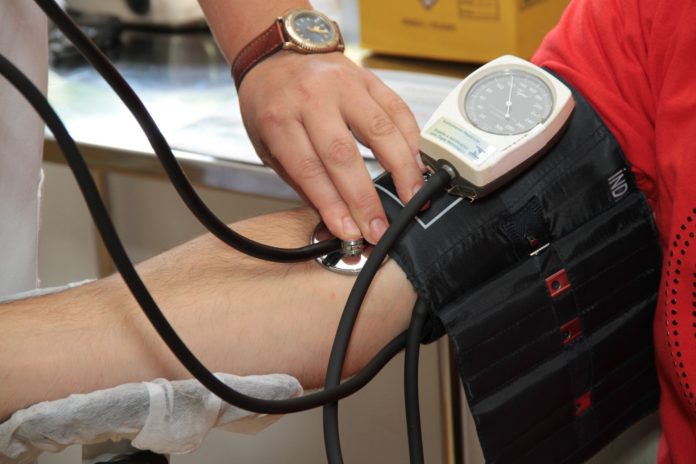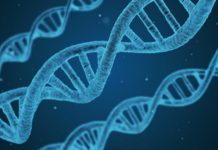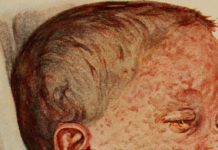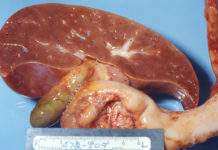
Aurobindo Pharma is recalling its blood pressure medication over concerns that the tablets could contain trace amounts of an ingredient that may cause cancer
Indian pharma major Aurobindo Pharma is the latest to recall its blood pressure medication after detecting trace amounts of a cancer-causing chemical.
The US Food and Drug Administration announced on Monday that Aurobindo Pharma USA, Inc. is voluntarily recalling 80 lots of Amlodipine Valsartan Tablets, Valsartan HCTZ Tablets, and Valsartan Tablets.
“Aurobindo Pharma USA, Inc. is conducting a voluntary recall of 80 lots of Amlodipine Valsartan Tablets USP, Valsartan HCTZ Tablets, USP and Valsartan Tablets USP to the consumer level due to the detection of trace amounts of an unexpected impurity found in the finished drug product. The impurity detected in the finished drug product is N-nitrosodiethylamine (NDEA), which is a substance that occurs naturally in certain foods, drinking water, air pollution, and industrial processes, and has been classified as a probable human carcinogen as per International Agency for Research on Cancer (IARC) classification. To date, Aurobindo Pharma USA, Inc. has not received any reports of adverse events related to this recall,” reads the recall notice on the FDA website.
Valsartan is generally prescribed to treat high blood pressure, heart failure and to reduce the risk of death after a heart attack. To date, the company says it has not received any reports of patients suffering adverse effects related to the recall.
Patients who have been prescribed these medications to continue to take them, as the health risks may be higher if the treatment is stopped immediately without any alternative treatment
A full list of the recalled products is posted on the FDA’s website.
As with other companies’ recalls of Valsartan, the presence of N-nitrosodiethylamine or NDEA, triggered the recall. A company-written, FDA-posted recall notice points out that NDEA “occurs naturally in certain foods, drinking water, air pollution and industrial processes” and that it “has been classified as a probable human carcinogen as per International Agency for Research on Cancer classification.”
The FDA has advised patients who have been prescribed these medications to continue to take them, as the health risks may be higher if the treatment is stopped immediately without any alternative treatment. However, patients should consult with their pharmacist or physician who can advise them on alternative treatments.














[…] Indian pharma company recalls blood pressure, heart drugs in the US Medibulletin […]
[…] (adsbygoogle = window.adsbygoogle || []).push({}); Source link […]
Comments are closed.